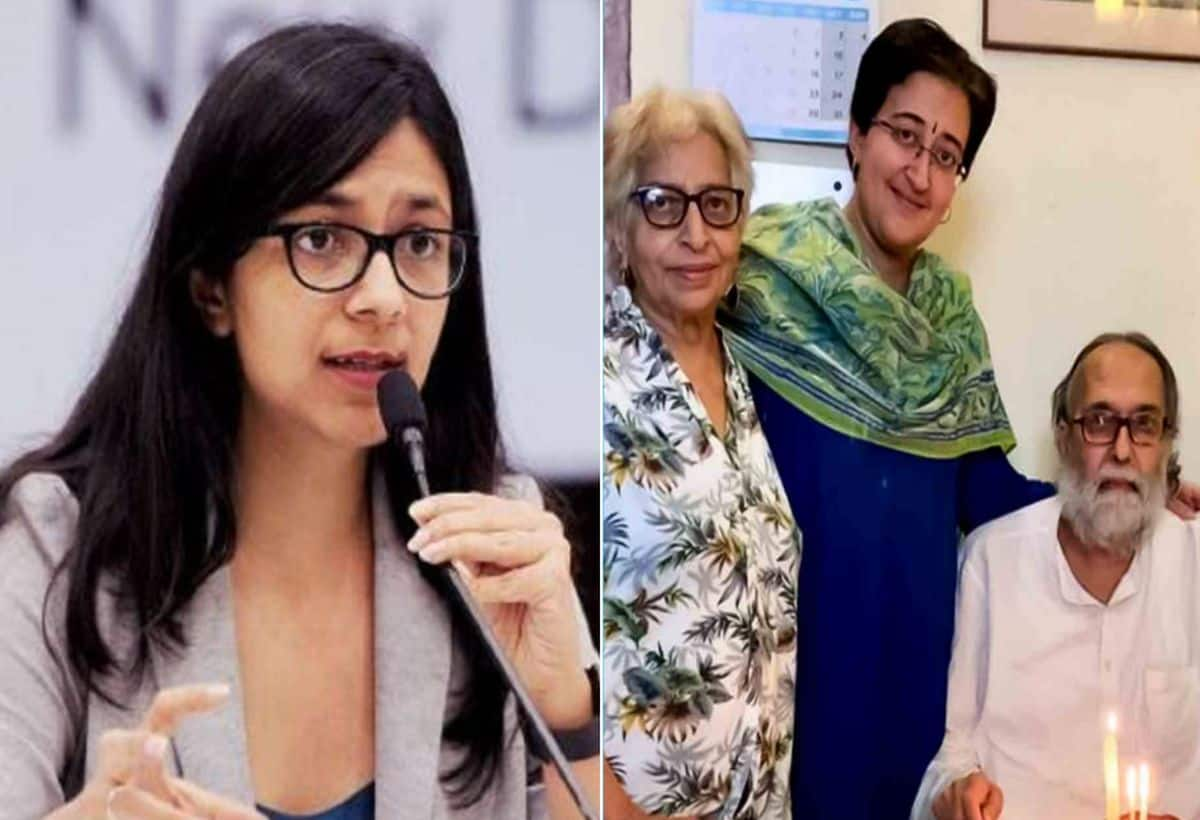Swati Maliwal Targets Atishi: A Political Controversy Unfolds
The political landscape of Delhi is currently charged with controversy following remarks made by Aam Aadmi Party (AAP) Rajya Sabha MP Swati Maliwal regarding Atishi, the newly appointed Chief Minister of Delhi. On September 18, 2024, Maliwal accused Atishi’s family of having close associations with Syed Abdul Rehman Gilani, a former Delhi University professor who was implicated in the 2001 Parliament attack case. Although Gilani was sentenced to death, he was acquitted later by the Supreme Court, raising questions about the ramifications of his past affiliations.
Background of the Controversy
Maliwal’s comments center around a 2016 event hosted by Atishi’s parents at the Press Club of Delhi, which commemorated Afzal Guru—who was convicted for his role in the Parliament attack and executed in 2013. Maliwal alleges that this event featured slogans supporting the idea of ‘freedom for Kashmir’ and glorifying Guru, raising significant concerns about Atishi’s family connections and their potential impact on her political career.
Contention and Political Repercussions
Swati Maliwal took to social media to express her concerns, stating, “Atishi Marlena’s parents had deep ties with SAR Geelani. Geelani was accused of having a hand in the attack on Parliament.” She also referenced reports that presented a troubling narrative about the affiliations and activities surrounding Atishi’s family. By highlighting these ties, Maliwal aims to question Atishi’s credibility as a leader in Delhi.
Maliwal continued her critique, implying that events like the one held in 2016 indicate an inherent contradiction in AAP’s political stance, especially concerning national security and terrorism. Such allegations have stirred reactions not only within political circles but also among the public, who are concerned about the implications of Atishi’s leadership.
Atishi’s Political Journey
Atishi, born to esteemed Delhi University professor Vijay Kumar Singh and Tripta Wahi, entered political life with AAP in 2013. She gained widespread attention during the Jal Satyagraha protest in Madhya Pradesh in 2015, showcasing her commitment to social issues. Her rise within the party has been steep, culminating in her appointment as Chief Minister amidst significant political turbulence.
BJP’s Reaction
The Bharatiya Janata Party (BJP) has jumped into the fray, denouncing Atishi’s selection as CM as a ‘matter of concern’ for national security, labeling it as ‘injustice’ to the citizens of Delhi. BJP national general secretary Tarun Chugh condemned the decision, asserting that these affiliations should be taken seriously when it comes to leadership positions within the government.
Public Sentiment and Future Implications
The unfolding situation raises several pertinent questions about the implications of political familial ties on governance, security, and the public image of elected officials in India. As AAP navigates this minefield of accusations and public scrutiny, the future of Atishi’s leadership remains uncertain.
With her recent elevation to Chief Minister, Atishi’s ability to address the concerns raised by both Maliwal and opposition parties will be crucial in determining her success and the party’s political viability in Delhi. As the narrative develops, how she responds to these challenges could shape not only her career but also the broader political landscape.












